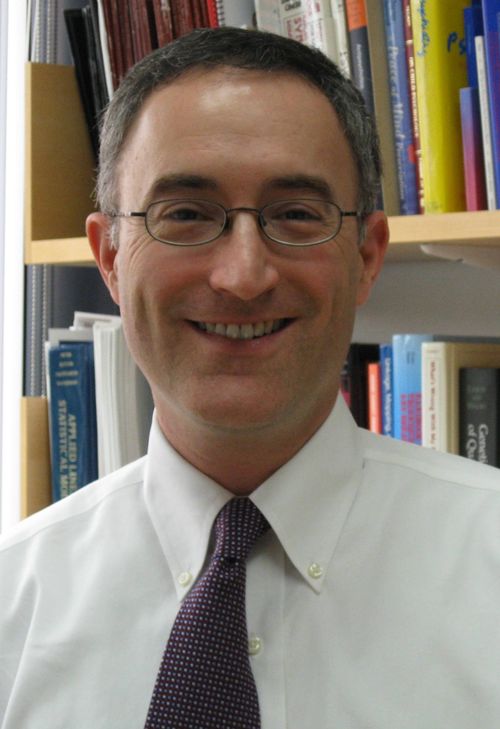The face of autismspectrum disorder (ASD) is often one of a child’s. But, as a slew of governmentstatistics, advocacy groups and high-profile newspaper articles have remindedus as of late, kids with ASD eventually become adults. In fact, 45,000 to50,000 kids with ASD reach adulthood every year—and age out of the system of carethat helped them through childhood, most likely provided by their school system.
 “What are our next options?” Many parents andcaregivers may ask themselves when their child comes of age. The responsibilityoften then shifts entirely to parents to find education or employment andliving arrangements. While mosttypically-developing teenagers go on to college or work with relative ease, sucha transition to adulthood for young adults with ASD and their families can bemet with difficulties. Those issues include adjusting to daily life as an adult, education, psychiatric issuesassociated with ASD, finding strengths, managing finances, work and socialskills.
“What are our next options?” Many parents andcaregivers may ask themselves when their child comes of age. The responsibilityoften then shifts entirely to parents to find education or employment andliving arrangements. While mosttypically-developing teenagers go on to college or work with relative ease, sucha transition to adulthood for young adults with ASD and their families can bemet with difficulties. Those issues include adjusting to daily life as an adult, education, psychiatric issuesassociated with ASD, finding strengths, managing finances, work and socialskills.
Here at Penn, anew and developing program aims to beginto address that void in care. Led by Edward S. (“Ted”) Brodkin, MD, associate professor of Psychiatry, the PennBehavioral Health’s Adult Autism Spectrum Program’smain goal is to help adolescents and adults with ASD and their families tooptimize their well-being, daily function and the growth of their talents,skills and relationships.
“Most of today’sresources are focused on children, but there’s a large wave of people with ASDwho are growing up to be adults who are going to need help—and there are veryfew services available to them now,” says Dr. Brodkin.
The needs ofadults with ASD may range from full-time care to building skills and confidencein navigating the social world (forming friendships, managing socialinteractions in college or at work, etc). That’s why the Penn’s new program is tailored to each individual, giventhe wide spectrum of autism.
“We want tomaximize people’s potential,” Dr. Brodkin says. “That often means helping them developsocial skills useful for navigating the world of adolescence and adulthood and providingthem with the capacity for more independence. Or it could mean a revisedmedication and behavioral treatment and support plan to better address theirgoals.”
The program helpspatients and their families navigate treatment, act as liaisons to primaryproviders, and suggest modifications to treatment plans, if need be.
Adult familymembers of individuals with ASD (of any age) may also have questions about ASDand how to best help their son, daughter, sibling, or relative on the spectrum.Many family members are under some degree of chronic stress, and the newprogram aims to provide help for those situations, too.
The initialconsultation addresses questions coming from the patient and their familiesand/or providers, and can provide recommendations about diagnosis, assessment,treatment and day-to-day functioning. Adetailed review of prior treatments is also folded into the discussion.
Follow-upconsultations are available to monitor the effectiveness of the treatment andsupport plans.
“It’s never toosoon to start thinking about the future,” says Dr. Brodkin. “People with ASD, parents,families and caregivers can begin to explore various resources available inorder to make the transition to adulthood smoother.”
For more about thePenn Behavioral Health’s Adult Autism Spectrum Program visithere.